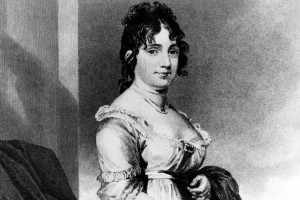Sixty years ago, on July 18, 1955, the “Happiest Place on Earth,” better known as Disneyland, opened to the public. But on that day, the former orange grove in Anaheim, Calif., was one of the most miserable places in America. A heat wave caused the park’s new asphalt to stick to people’s shoes. A gas leak forced parts of the site to close, a plumbers strike led to a water shortage, and lax security resulted in dangerous overcrowding.
Reviewing the $17.5 million theme park, a journalist wrote in a local newspaper, “Walt’s dream is a nightmare…a fiasco the like of which I cannot recall in 30 years of show life.”
Undeterred, Walt Disney added ever more attractions and innovations, transforming mass leisure from its violent origins in the ancient world to today’s amusement-park industry, with $12 billion of annual revenue in the U.S.
Though the ancient Greeks were among the first to build leisure spaces in the form of parks, gardens and gymnasiums, the Romans expanded the concept into a way of life. By the first century, most of Rome’s citizens were living in semi-idleness, while thousands of slaves and coloni—the equivalent of sharecroppers—toiled ceaselessly on their behalf.















